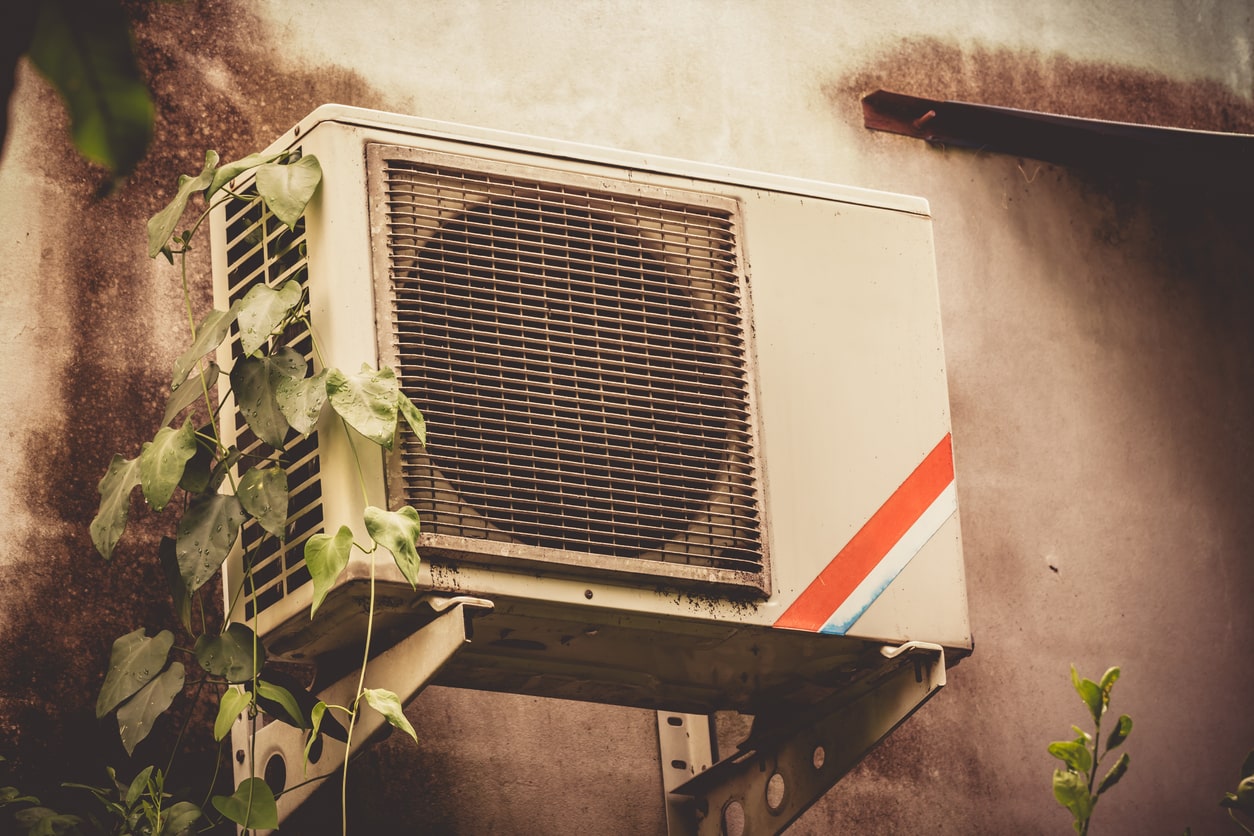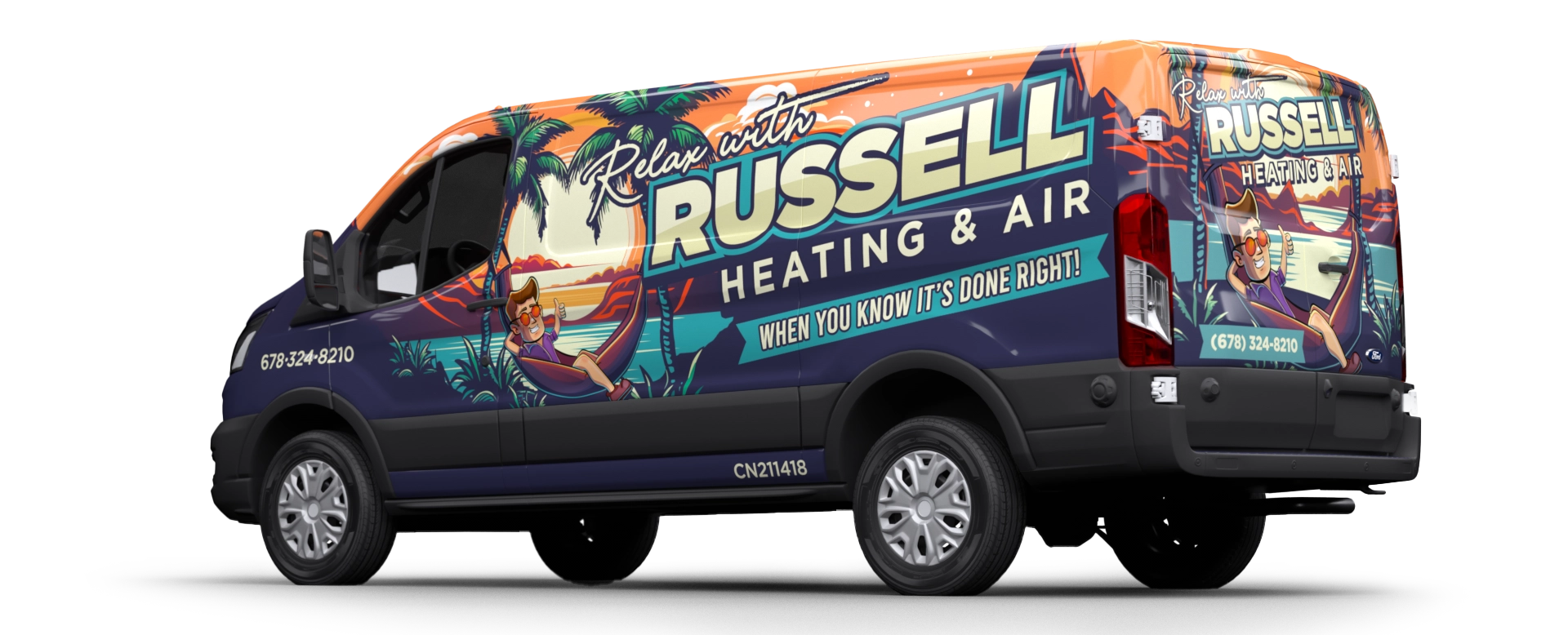
5 Important Reasons Your Air Conditioner Might Shut Down And Needs Heating and Air Conditioning Repair
Do you worry about your air conditioner going out? Having an AC that will not switch on is a serious concern during the hottest part of the year. An air conditioner that is malfunctioning, or worse non-functioning, can swiftly make life very uncomfortable during the hot summer months. It can also result in significant heating and air conditioning repair bills or require you to replace your AC unit entirely.
Don’t let your worries keep you awake. Instead, let’s look at five reasons why your air conditioner might shut down this summer and how you can avoid them.
1. A tripped circuit breaker
A circuit breaker controls and protects your home’s electrical system and the devices connected to it, including your air conditioning unit. Sometimes aged systems in need of repair, faulty components in the AC, or other power surges can cause a massive spike in electricity flow through the line. This overloads the circuit, causing the breaker to turn off or “trip.” A circuit breaker tripping is a safety mechanism that cuts the flow of electricity to your circuits and prevents them from overheating.
If you think that your circuit breaker has tripped, you can fix the issue on your own. Locate your electrical panel and find the breaker switch for the AC system. If the breaker is in the “OFF” position, just switch it back to “ON.”
However, if the circuit breaker continues to trip, it’s a sign of a bigger problem. In that case, you should leave it off and call your trusted heating and air conditioning repair company for a professional assessment. If a circuit trips repeatedly, it can be a fire hazard or result in other severe damage, so it’s best to get it handled as soon as possible.
2. A blown fuse
A common reason for air conditioning units shutting down is a blown fuse. There are multiple reasons for a fuse to blow including failing components in an older AC system or damaged electrical circuits. In such cases, a fuse in your electrical box might blow when you turn on your AC. When this happens, the first thing you should do is cut all the power to your air conditioning unit by flipping off the breaker switch from the breaker panel.
If you are knowledgeable about circuits and fuses, you can replace your old fuse with a new one on your own. Otherwise, you should contact your licensed Heating and Air conditioning repair technician to help you assess the damage and correct the problem. Properly functioning AC units do not tend to blow fuses, so this may be an indicator of needed heating and air conditioning repair.
3. A malfunctioning thermostat
A malfunctioning thermostat can also cause air conditioning units to shut down or not start up at all. With high temperatures pushing systems to their limits, it is common for thermostats to fail. If you think there is an issue with your digital thermostat, check to see if it was turned off by mistake. If the display is blank and the thermostat won’t turn on, it could simply mean that the batteries need to be replaced. Lets say your thermostat still doesn’t turn on even after installing fresh batteries, you may need a new thermostat.
4. Refrigerant leaks or clogged lines
A properly functioning air conditioner never experiences refrigerant leaks. If your AC unit develops a leak, you will not only experience insufficient cooling, but the leak can also quickly lead to serious problems, including a complete failure of your unit. Refrigerant can be added to replace amounts lost through a leak or due to a unit that was undercharged initially. With regular maintenance, refrigerant leaks can be easily avoided.
Another problem that may lead to an AC shut down is a clogged condensate pipe. This line drains the moisture collected by the evaporator coil. Sediment, mold, dust, and bugs can all block your AC’s condensate line and can be avoided with regular maintenance.
If you believe you are looking at a coolant leak or a clogged condensate line, you should call an experienced heating and air conditioning repair technician to resolve the issue.
5. An old system that needs heating and air conditioning repair
Air conditioners tend to last for a long time. Once a new AC unit is installed, it can keep functioning for a decade or more without requiring much attention. It is very easy for the owner to forget how long ago their unit was installed. If you are not having your air conditioner serviced regularly, you will only find out about potential breakdowns or damage when they cause your system to stop functioning properly.
An older system might be stretched beyond its capabilities during harsh summers. The additional stress on the unit can lead to problems like overheating, tripped circuit breakers, blown capacitors, compressor failures, and more. Upgrading to a new system will facilitate more effective cooling of your house and reduce unwanted noise. Also, a newer, more efficient model will reduce energy consumption and operating costs while saving you money on repeated heating and air conditioning repairs.
Hot summers will inevitably push your air conditioning units to their limits. Regular maintenance checks can enhance their productivity during the summer months and reduce your unit malfunctioning fears. Having a technician service your HVAC units timely can save you a lot of discomfort during summers, control your energy use, and save your pocketbook from hefty heating and air conditioning repair bills.
Share this article
Written by : Mitchell Cobb
Follow us
A quick overview of the topics covered in this article.
Latest articles
April 29, 2024
April 29, 2024






